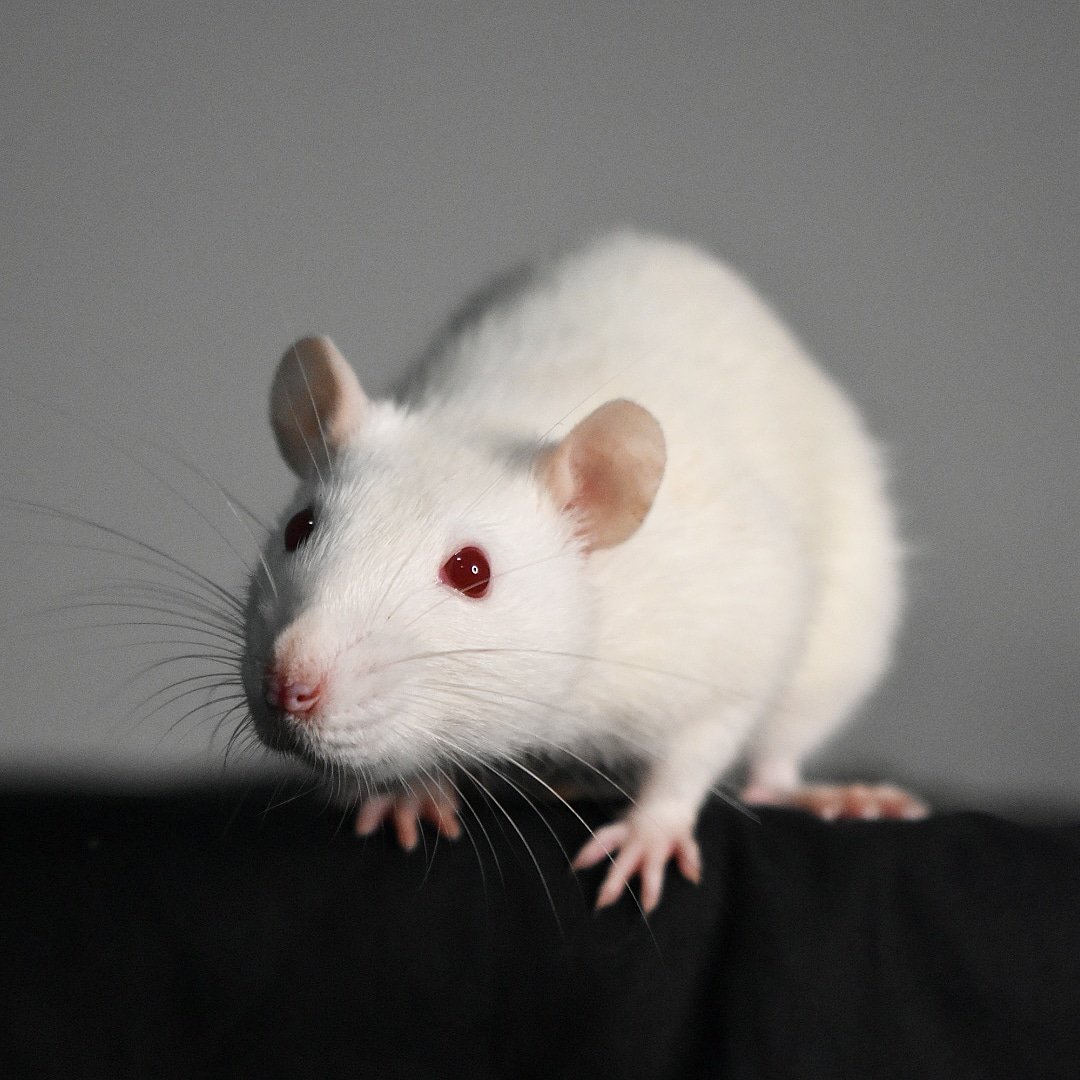Pet Info
Important Information for Exotic Pet Owners
- Exotic pets have many unique husbandry and dietary requirements that need to be met to ensure their health. In the Exotics Care Library below, you will find info on general care of various species.
- Exotic pets are masters at hiding signs of illness until they are critically sick. See below for some signs of illness in exotics.
Exotics Pet Insurance
Unexpected illness and injury can happen to any pet, and can place an emotional and financial burden on pet owners. In Australia, pet insurance has been widely available for dogs and cats for a long time. Fortunately, as of a few years ago, pet insurance is also available for exotics.
-
For peace of mind, please consider pet insurance or setting up an emergency fund for your exotic pet.
Exotics Care Library
Avian (Birds)
Small Mammals
Reptiles
Amphibians

Illness in Exotic Pets
Exotic pets are masters at hiding signs of illness until they are critically sick. It is not unusual for exotic pets to present to a veterinarian when their illness is already very advanced. This is why it is important to get your pet checked by a veterinarian if you notice that something is not quite right. If your pet appears healthy, we recommend regular check-ups to maximise the chance of picking up health problems in the early stages.
Signs of illness
Some clinical signs that can indicate your exotic pet is sick include:
- lethargy/reduced activity
- not eating, reduced appetite, difficulty eating, change in food preference
- fluffed up (birds)
- hunched and closing eyes
- breathing problems, voice loss/change (birds)
- nasal discharge, eye discharge, sneezing
- straining, prolapse, abnormal urine/faeces/droppings
- lack of faeces/urine production
- bleeding
- excessive egg laying
- vomiting/regurgitation, drooling
- limping, difficulty moving
- skin lesions, itchy skin, feather/fur loss, feather picking
- overgrown teeth/beak
- excessive thirst/appetite
- abnormal floating in an aquatic species
If you notice any of these signs or anything that is out of the ordinary for your pet, please seek veterinary attention.
Testimonials
Your content goes here. Edit or remove this text inline or in the module Content settings. You can also style every aspect of this content in the module Design settings and even apply custom CSS to this text in the module Advanced settings.
Name Goes Here
Your content goes here. Edit or remove this text inline or in the module Content settings. You can also style every aspect of this content in the module Design settings and even apply custom CSS to this text in the module Advanced settings.
